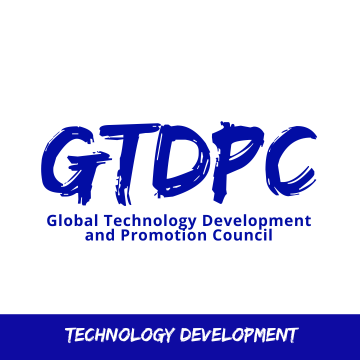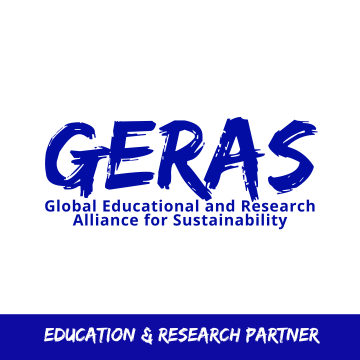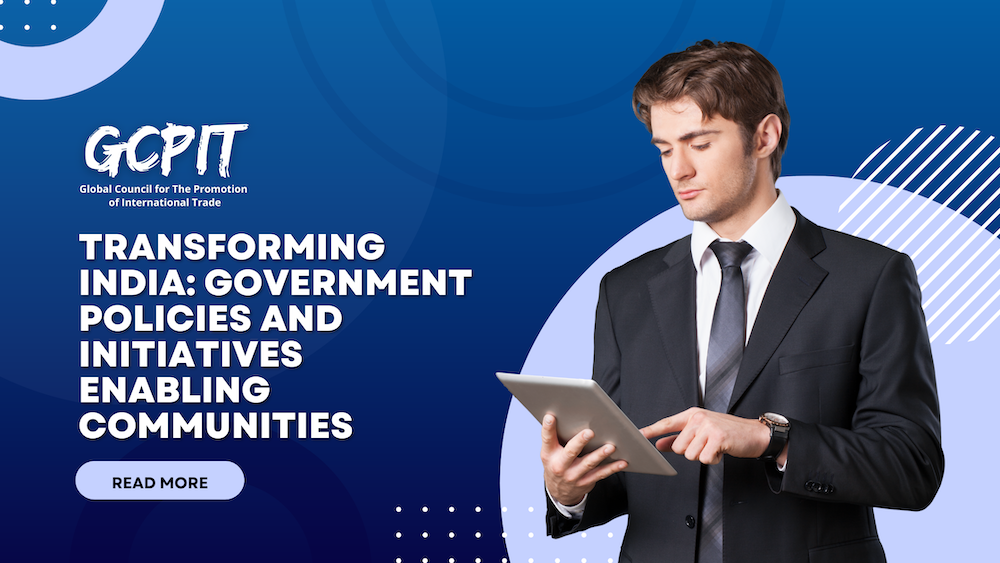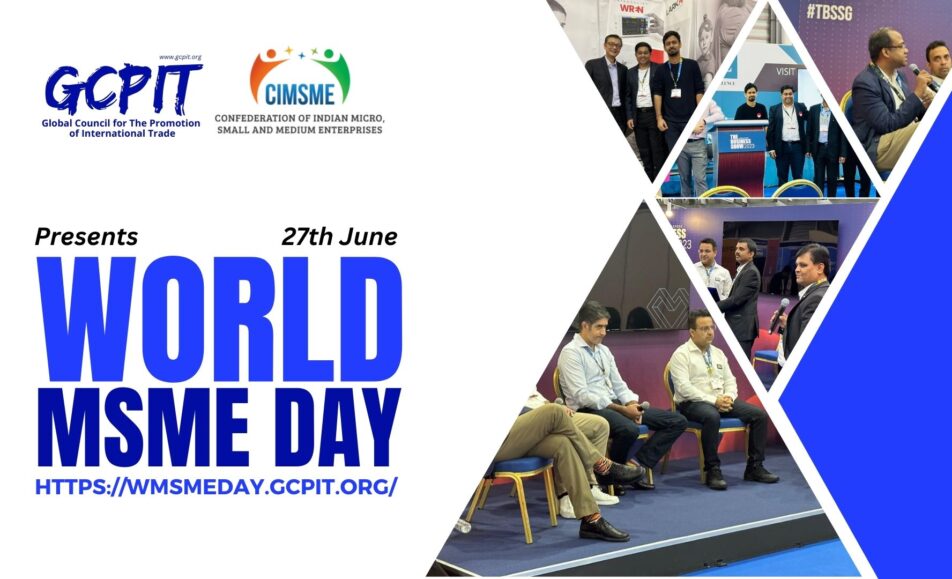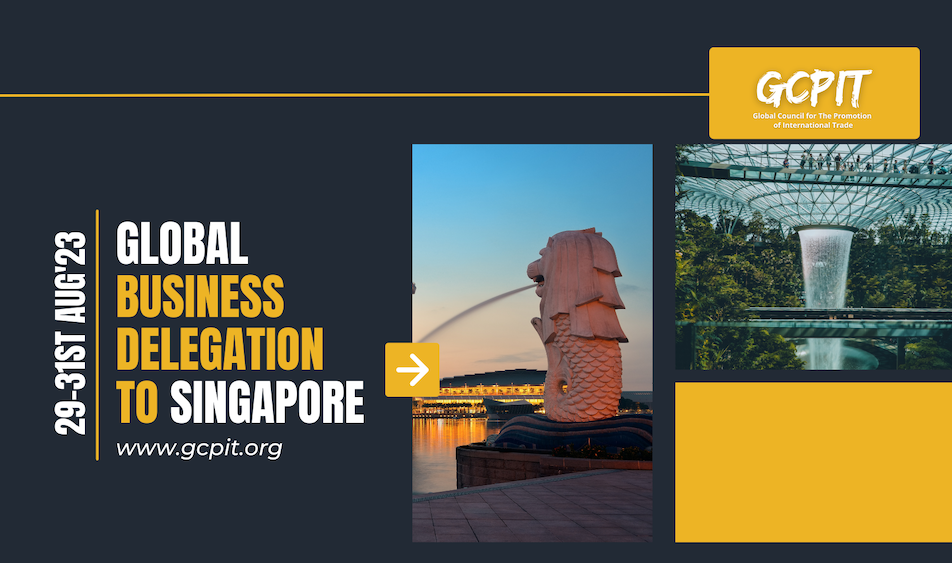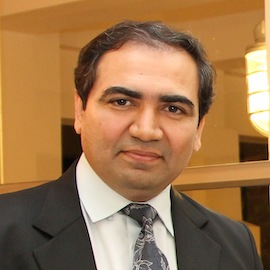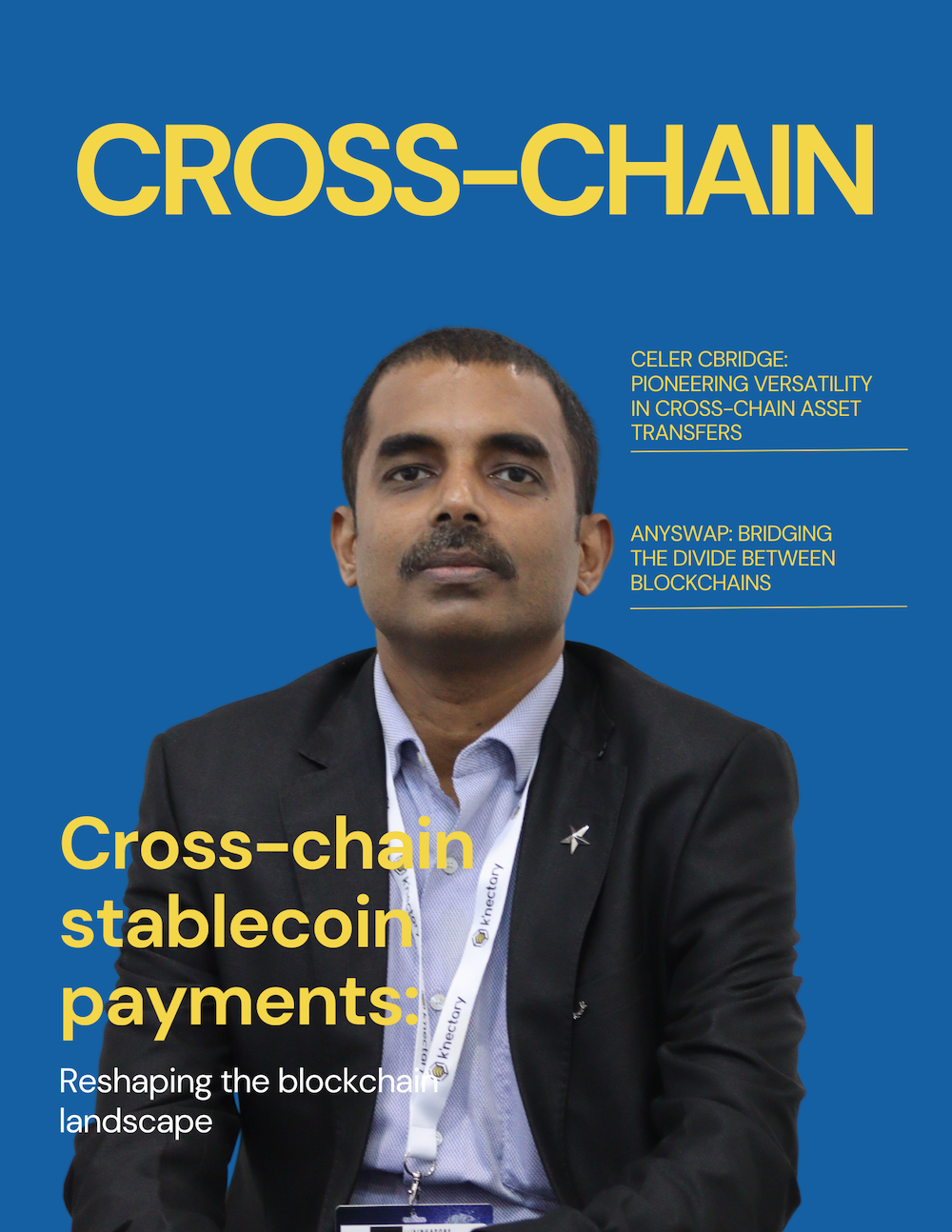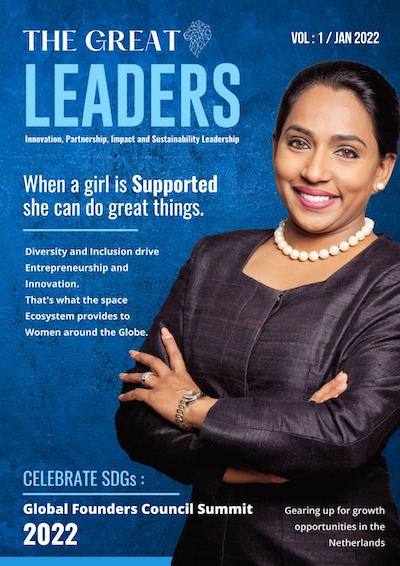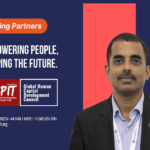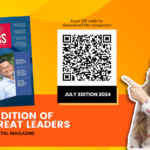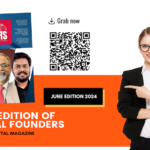Global Alliance for Sustainable Cities and Communities
is a coalition of organisations that have joined forces to spread sustainable smart city technology to the global market through standardizing smart city technology by forming and maintaining cooperation networks and spreading standardized technologies. The purpose of GASCC is to develop a standardized and interoperable framework. Promote multi-stakeholder approaches to achieve universal service access. Bring together stakeholders to improve system performance and attract new investment.
The primary objectives of Global Alliance for Sustainable Cities and Communities (GASCC) are to:
Promote Sustainable Urban Development: GASCC is dedicated to promoting sustainable urban development practices that prioritize environmental sustainability, social inclusivity, and economic prosperity in cities and communities worldwide.
Advance Resilience and Climate Action: The alliance advocates for measures to enhance the resilience of cities and communities to climate change impacts and promotes climate action at the local level, including the reduction of greenhouse gas emissions.
Sustainable Infrastructure: GASCC supports the development of sustainable and resilient urban infrastructure, including transportation, energy, water, and waste management systems, to improve the quality of life and enhance urban sustainability.
Inclusive Communities: The alliance emphasizes the importance of inclusive communities that provide equal opportunities and access to essential services for all residents, regardless of background or socioeconomic status.
Affordable Housing: GASCC works to promote the availability of affordable and sustainable housing options in cities and communities, addressing housing affordability challenges that many urban areas face.
Public Health and Well-being: The alliance advocates for public health and well-being in urban environments, including access to healthcare, green spaces, and recreational facilities that contribute to residents' overall quality of life.
Sustainable Mobility: GASCC promotes sustainable transportation options, including public transit, cycling, and walking, to reduce traffic congestion, air pollution, and greenhouse gas emissions in urban areas.
Local Governance and Partnerships: The alliance encourages effective local governance and partnerships between governments, civil society, businesses, and academia to drive sustainable development and collaborative problem-solving.
Cultural Preservation: GASCC recognizes the importance of preserving and promoting cultural heritage and diversity within cities and communities, contributing to a rich and vibrant urban tapestry.
Knowledge Sharing: The alliance facilitates knowledge sharing and best practices among cities and communities, enabling them to learn from each other's experiences and successes.
Data and Technology Integration: GASCC promotes the integration of data and technology solutions to improve urban planning, governance, and service delivery in cities and communities.
Global Collaboration: The alliance fosters global collaboration to address common urban challenges, share resources, and mobilize support for sustainable urban development initiatives.
Through these objectives, GASCC aims to contribute to the creation of cities and communities that are environmentally sustainable, socially inclusive, economically vibrant, and resilient to the challenges of the 21st century.
It was clear that action at the national level would be required to accomplish the aspirations and pledges. Through effective constituencies, the alliance is dedicated to increase collective advocacy efforts, sharpen the effectiveness of commitments, and ensure that they are linked with countries’ interests and plans.
- Governments
- Civil Society Organizations
- External Support Agencies
- Private Sector
- Research & Learning Institutions
We’ve brought different stakeholders together to form an inclusive partnership framework that produces real, collective action at the international level, as well as, increasingly, at the national level.
We acknowledge that a broader range of players, including the commercial sector, research and learning institutions, and civil society organisations, can make substantial contributions to achieve the alliance's objectives.
We’ve significantly enhanced alliance’ interaction with one another, laying the groundwork for development toward a shared vision.
We’re tightening up accountability procedures, and commitments made by governments and donors are starting to find their way into national policies, procedures, and structures.
We’ve moved the conversation away from the global and closer to regions and countries.
We’ve created opportunities for governments and partners to share best practices, resulting in stronger national policies and more inclusive partnership structures and processes.
Stakeholders and people hold each other accountable
- Across the SDG agenda, high-level conversation mobilises political will for water, sanitation, and hygiene.
- Multi-stakeholder platforms led by the government drive collaborative action toward meeting commitments.
- To attract and effectively employ additional capital, investment cases and transparent processes are needed.
- High-level discourse brings leaders together and connects them to other SDG priorities.
- Country governance and service delivery systems are supported by a learning network of multi-stakeholder platforms.
- Better decision-making and analysis are aided by existing and fresh evidence.
The Alliance strategy relies on people who are ready to think, lead, and act outside of their own organisational and sectoral silos, and who have the attitude and convening power to bring all stakeholders together. Individual champions and focal points displaying this bold manner of working should be cultivated and publicly honoured; this is a new strategy that demands active cultivation and continual support from alliance members.
The alliance’s driving element is national engagement; global and regional frameworks support this national participation. The cooperation should evolve and continue to attract additional partners. Such expansion will be an indication of strong collaboration, but it is not a strategic goal in and of itself. A variety of elements, including government leadership, in-country presence of alliance partners, degree of participation of focal points and champions, and Secretariat capacity, will continue to influence the partnership’s ability to engage in each nation.
Global Leaders Group HIGH-LEVEL ADVOCACY (High-Level Chair)
Secretariat SUPPORT (Chief Executive Officer)
Steering Committee STRATEGIC LEADERSHIP (Chair of the Steering Committee and Members)
Work Groups ACTION
Partners ACTION (Governments, Civil Society Organizations, External Support Agencies, Private Sector, Research & Learning Institutions )
Delivery structures
The Steering Committee is alliance's highest decision-making body, with representatives from all constituencies. The global leadership group is a high-level group of alliance leaders who fight for and mobilise greater political commitment to the alliance's Guiding Principles and goals. A High-Level Chair leads the Council. The Secretariat assists the Steering Committee in putting the alliance Strategy, roadmaps, and workplans into action. Each alliance constituency should have one focal point in each partner country, whose job it is to increase country-level involvement and coordinate the particular constituency at the national level.
Balance of roles
Political, technical, logistical, advocacy, and strategic functions are all needed to carry out the partnership's agenda. Wherever possible, these functions are laid out in the alliance partnership Results Framework and associated workplans. The goal of the alliance Secretariat is to assist alliance partners in implementing the strategy. All alliance partners share responsibility for the strategy's implementation. The alliance Secretariat and its high-level Chief Executive Officer are well-resourced to ensure that all partners, partnership activities, and governance structures are well-coordinated and supported.
Multi-stakeholder workplans
In accordance with the alliance partnership Results Framework, each entity in the alliance structure shall design its own workplan. The alliance Secretariat will be instrumental in assisting constituencies, regions, and cross-contituency Work Groups in developing these workplans. As outlined in the Results Framework, a similar set of indicators will be used throughout. The Global Leadership Council, the alliance Steering Committee, the secretariat, partners, and constituency groups will all benefit from independent annual partnership health-checks of partnering efficacy.
Learning, review and course correction
High-level management of this approach is provided by the alliance partnership Steering Committee and its two sub-committees, which include annual performance reviews and revisions to the alliance partnership Results Framework. This learning and review process necessitates a robust knowledge management function that draws on evidence of what works and doesn't work in practise, including both quantitative data and contextual narrative, as well as self-reported and third-party inputs. To improve accountability and maintain a focus on course corrections while also finding, discussing, and celebrating successful practises, the process must stay open and transparent.
The Guiding Principles
MULTISTAKEHOLDERS EFFORTS
Multistakeholders efforts are collaborations between businesses, civil society and other stakeholders that seek to address issues of mutual concern, including human rights and sustainability. All hands must be on deck to achieve the 2030 Agenda for Sustainable Development and the Sustainable Development Goals. It necessitates the collaboration of various sectors and players by pooling financial resources, information, and skills. Cross-sectoral and innovative multi-stakeholder partnerships will play a critical role in getting us to where we need to be by 2030 in our new development era, with 17 intertwined Sustainable Development Goals and 169 associated targets serving as a blueprint for achieving the sustainable Future We Want. Governments, intergovernmental organisations, major groups, and other stakeholders voluntarily undertake multi-stakeholder initiatives for sustainable development, with the goal of contributing to the implementation of intergovernmentally agreed development goals and commitments, as well as the 2030 Agenda for Sustainable Development.
SUSTAINABILITY OF SERVICE AND ACTIONS
It is the practice of reducing your demand for natural resources by making sure that you replace what you use to the best of your ability. It is made up of three pillars: the economy, society, and the environment. We work with businesses to integrate sustainability into every aspect of their operations so they may develop new sources of value and live according to their ideals. Organizations must now demonstrate that they are purposeful about sustainability, hold strong ethical standards, and operate responsibly in everything they do as stakeholders demand more environmental, social, and governance (ESG) efforts, regulations tighten, and consumers increasingly expect brands to take action. Companies and brands are increasingly looking to their partners—as well as technology and innovation—to help them incorporate sustainability and make substantial changes that benefit business, society, and the environment. Now is the time for collaboration—for business to join forces with government and society to reinvent, rebuild, and reshape our global economy so that everyone benefits.
LEAVING NO-ONE BEHIND
The primary, transformative promise of the 2030 Agenda for Sustainable Development and its Sustainable Development Goals is to leave no one behind (LNOB) (SDGs). It expresses all UN Member States' resolve to end poverty in all of its forms, eliminate discrimination and exclusion, and reduce inequities and vulnerabilities that leave people behind and weaken individual and collective potential. The pledge to leave no one behind is a commitment to act explicitly to ensure that those who have been left behind can catch up to those who have experienced greater progress. Extremely impoverished and marginalised groups are sometimes invisible, and as a result, development programmes are frequently disregarded. As a result, individuals who might most benefit from economic improvements brought about by development programmes are left out. But who are these people who are currently being left out of development programmes? And how can we be sure that our own initiatives reach the people who need them the most? These are some of the topics we debate in the Leave No One Behind Platform, along with others.
TRANSPARENCY AND ACCOUNTABILITY
Transparency ensures that information is available that can be used to measure the authorities' performance and to guard against any possible misuse of powers. In that sense, transparency serves to achieve accountability, which means that authorities can be held responsible for their actions.
EVIDENCE-BASED DESICION-MAKING
Evidence-based decision making is a process for making the best decisions possible using the evidence available. It avoids decision making that is based on gut feeling, intuition, or instinct and instead relies on data and facts.
INTERNATIONAL COLLABORATION AND AID EFFECTIVENESS
Ownership: Developing countries are in charge of their own progress. Alignment: Development assistance must be in line with the policies, structures, and procedures of the recipient countries. Harmonization: Development partners of donor nations must coordinate their efforts. Managing for results: Management must be focused on achieving objectives. Mutual accountability: All parties must be held accountable to each other.
Collaborate with world-class leaders for sustainable cities and communities.
Become a Committee Member
The Experts Behind the Alliance
Brilliant minds working together to solve problems and push boundaries.

Dr Bassem Fahmy,
Global Chairperson

Dr Bassem Fahmy,
Global Chairperson
- Phone:+1 (302) 551-3701
- Email:contact@gcpit.org
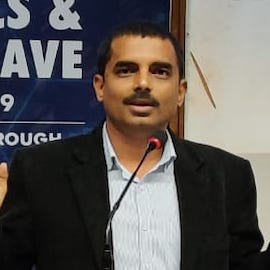
Santosh G
Founder & Director

Santosh G
Founder & Director
- Phone:+1 (302) 551-3701
- Email:contact@gcpit.org

Elizabeth Sofia
Community


Charlie Cooper
Community


Elizabeth Sofia
Community

Help us shape the future!! Be 1 of 100 leaders to share your insights in a groundbreaking research initiative.
Problem Statements
Promoting sustainable development in urban areas worldwide
Blogs
Empower yourself with actionable knowledge
The Green Divide: Why Sustainable Infrastructure Bypasses Low-Income Communities
The 21st century has witnessed a burgeoning environmental consciousness, propelling the concept of “sustainable infrastructure”…
The Machine Learning Framework for Traffic Management in Smart Cities
Traffic congestion plagues cities worldwide, leading to wasted time, increased fuel consumption, air pollution, and…
Transforming India: Government Policies and Initiatives Enabling Communities
India is a diverse country with a large population that faces various challenges related to…
Building a Brighter Future
Explore solutions for thriving, sustainable cities and communities.

Events on Cities & Communities
Explore upcoming events focused on creating greener, more equitable cities.
Speaker Spotlight
Visionary Voices for Sustainable Communities
Unlock the Potential: Become a Member Today
Access exclusive resources, connect with experts, and contribute to a more sustainable urban future.
National Membership
- Network & committee member
- Exhibitions, conferences
- Action committee member
- Directory listing & logo branding
- Business inquiries & leads
- No partnership, project development
- 3 Media outreach
Continental Membership
- Network & committee member
- Exhibitions, conferences
- Steering committee member
- Directory listing & logo branding
- Business inquiries & leads
- No co-project development
- 12 Media outreach
Global Membership
- Network & committee member
- Exhibitions, conferences
- High level advocacy member
- Directory listing, logo branding
- Business inquiries & leads
- Partnership, project development
- 30 Featured media outreach
Impact
Impact Created: Together, We're Making a Difference.
Members
Individuals Trained
Funding enabled
Business facilitated
Thriving Together
Creating Sustainable and Equitable Communities
Image Accordion #1
Image Accordion Content Goes Here! Click edit button to change this text.
Image Accordion #2
Image Accordion Content Goes Here! Click edit button to change this text.
Image Accordion #3
Image Accordion Content Goes Here! Click edit button to change this text.
Image Accordion #4
Image Accordion Content Goes Here! Click edit button to change this text.





